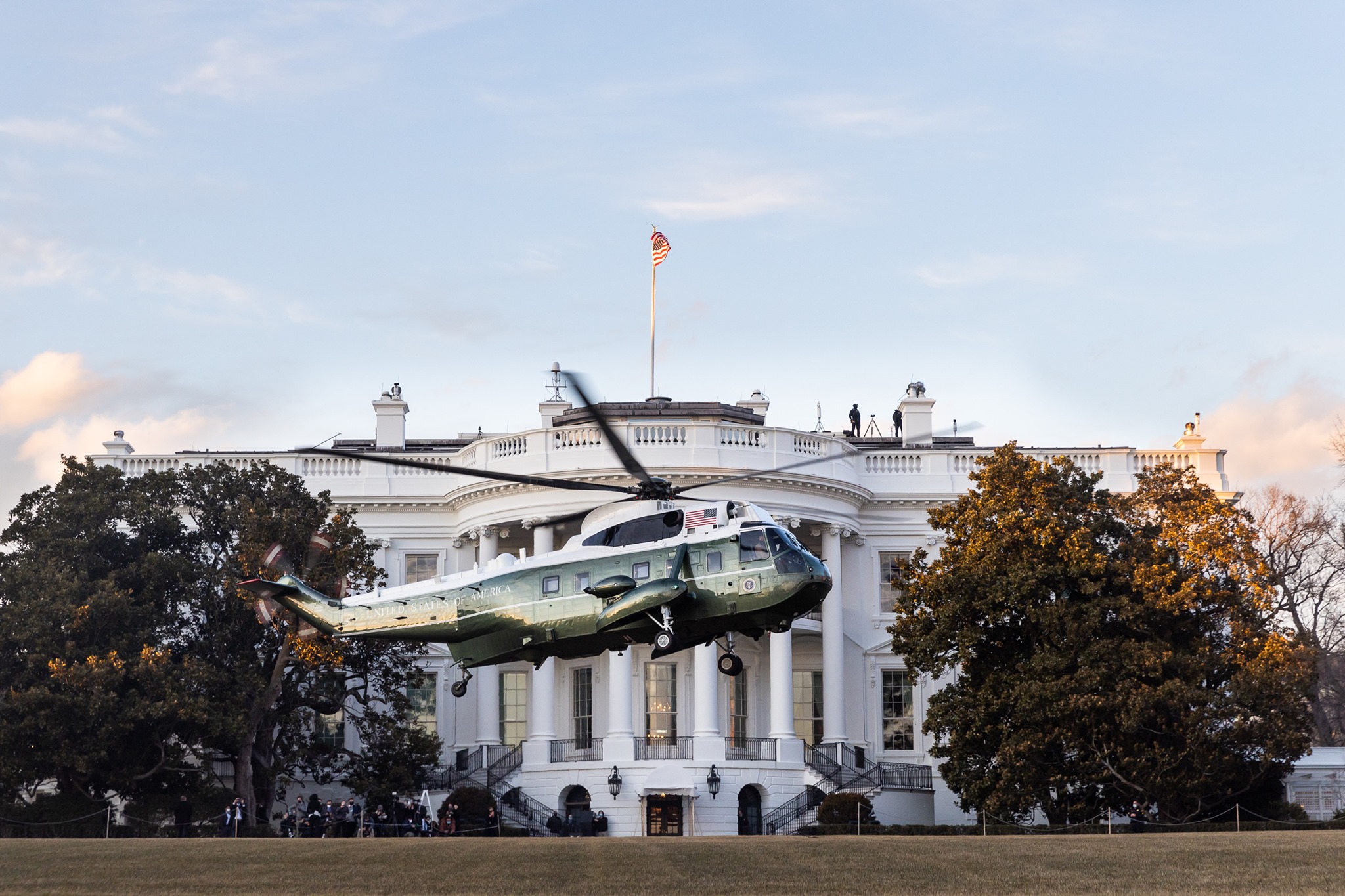Executive
Biden’s Election Gimmick Undercut National Security
President Joe Biden drained the Strategic Petroleum Reserve for a few votes at Midterms, thus undercutting national security.

The chaotic turn of events around the globe in the past weeks has shown that history repeats itself.
Fifty years ago when the Yom Kippur War raged in the Middle East, Americans felt the pinch as oil-rich countries blocked U.S. imports of their crude in response to U.S. support of Israel. Now, the atrocious tragedies committed by barbaric Hamas terrorists are again causing chaos and strife in the Middle East.
Because of planning in the 1970s and under the right leadership today, this conflict shouldn’t spark concerns about gas prices for Americans as we learned our lesson a half-century ago and created the Strategic Petroleum Reserve. Unfortunately, President Biden disregarded these lessons to score cheap political points at the expense of the American consumer and our national security.
The week of January 20, 2021, when President Biden was sworn into office the national average for a gallon of gas was just under $2.40. That means a family with a minivan could easily fill up their tank for under $50.
Then Biden’s anti-energy independence agenda kicked in. He made it clear that he wanted to “end fossil fuel” during his campaign and got right to work on day one to implement his devastating plan. He ended the Keystone XL Pipeline, proposed tax increases on oil and gas companies and pushed policies that benefited “green” energy and Chinese companies over reliable American energy.
By the time Vladimir Putin invaded Ukraine in February of 2022, Biden’s policies had already pushed the national weekly average to $3.53. Biden – desperate to hide his failed policies – quickly blamed the high cost of gas on the invasion, despite the fact that under a year of his policies prices had already increased by more than a dollar per gallon.
With the Russian invasion pushing prices even higher in an election year, Biden decided to act.
No, he didn’t reverse his anti-American energy policies – that would have been the right long-term solution. Instead, he traded in our safety net of the Strategic Petroleum Reserve to save a few votes. In spite of the SPR gimmick, prices are still averaging around $3.53, so filling up that minivan now costs close to $70 – and our country’s safety.
The Strategic Petroleum Reserve is a national security asset. When full, it prevents the U.S. from being subject to global crises that could limit the availability of crude oil or the whims of our adversaries who may wish to punish us by withholding exports.
The idea was supported by multiple presidential administrations like Harry Truman and Dwight D. Eisenhower in the middle of the 20th century, but it wasn’t until OPEC’s oil embargo of 1973-74 that the need was greatly recognized. President Gerald Ford eventually signed the Energy Policy and Conservation Act into law in December 1975.
Nearly 50 years after its creation the SPR is at its lowest level since 1984. And it couldn’t come at a more perilous time in our world.
Establishing the SPR was a way for us to safeguard against OPEC’s impulses and to reduce our dependence on foreign countries should there be a global conflict – but here we are again facing a crisis in the Middle East.
Now would be a good time to have a robust Strategic Petroleum Reserve on which to rely.
The right thing to do – after two years of fruitlessly doing the wrong thing – would be to replenish the SPR, and fast. But the Biden administration has abandoned this responsibility. The whole intention was to have SPR as a backstop, but President Biden threw that away for a political gimmick.
Last October, the White House announced that it would implement a “first-of-its-kind rule” establishing a system of fixed-rate price contracts for replenishing the SPR. Per the administration’s policy, they intend to purchase “crude oil for the SPR when prices are at or below about $67 to $72 per barrel.” The administration’s logic was that the Department of Energy should get a preferred rate when buying for the SPR, well below what the public market was bearing.
This untested fixed-price bid system imposed by the White House has allowed the administration to ignore its responsibility to resupply the SPR to the detriment of the U.S.’ economic and national security.
In January of this year, the DOE rejected bids from several producers to refill the SPR because the market rate for crude oil at the time was well above the administration’s arbitrary fixed price. And again in mid-October, the DOE announced they would not refill the SPR at a competitive level, instead wanting to pay $79 a barrel when the current market price is about $86 a barrel.
The misaligned economics of this system is straightforward – if producers get a better rate in the market than what DOE is prepared to pay, the SPR will remain at record lows – making our nation less safe and prepared.
I’ve offered legislation – the Strategic Petroleum Reserve Replenishment Act – in this Congress and the last that would correct this issue. The House also passed a similar amendment I introduced that was included in H.R. 1 – the Lower Energy Costs Act. It would require DOE to use index-based pricing when accepting bids for the SPR. This method will ensure that DOE accepts bids at the market rate for crude oil rather than Biden’s price-fixing scheme. Unfortunately, the Democrat-led Senate has yet to take action on the bill.
Our world is less safe today than in January 2021, and we are less prepared to withstand foreign adversaries using oil as leverage. Biden should have never put our national defense in jeopardy just to try and eke out a few more midterm votes. Now that it’s depleted, his administration should really be working to replenish the Strategic Petroleum Reserve – back to where it was on January 20, 2021, when a full SPR provided us with extra protection and a full tank of gas was $20 bucks cheaper.
This article was originally published by RealClearEnergy and made available via RealClearWire.
Rep. Ron Estes (R-Kansas), one of only a handful of engineers in Congress, worked in the aerospace, energy and manufacturing sectors before representing Kansas’ 4th Congressional District since 2017. He is a fifth-generation Kansan, former state treasurer, and serves on the House Committee on Ways and Means, Budget Committee, and Education and the Workforce Committee.
-

 Accountability2 days ago
Accountability2 days agoWaste of the Day: Principal Bought Lobster with School Funds
-

 Constitution2 days ago
Constitution2 days agoTrump, Canada, and the Constitutional Problem Beneath the Bridge
-

 Executive15 hours ago
Executive15 hours agoHow Relaxed COVID-Era Rules Fueled Minnesota’s Biggest Scam
-

 Civilization15 hours ago
Civilization15 hours agoThe End of Purple States and Competitive Districts
-

 Civilization4 days ago
Civilization4 days agoThe devil is in the details
-

 Executive4 days ago
Executive4 days agoTwo New Books Bash Covid Failures
-

 Civilization3 days ago
Civilization3 days agoThe Conundrum of President Donald J. Trump
-

 Executive4 days ago
Executive4 days agoThe Israeli Lesson Democrats Ignore at Their Peril








